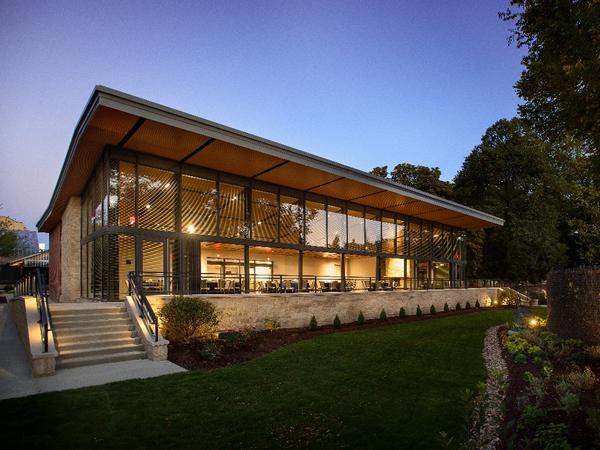
Date: 27 October 2020
Vitro Architectural Glass (formerly PPG Glass) announced the opening of the new Garden Room at Pittsburgh’s National Aviary, which showcases bird-safe glass supplied by Vitro and Walker Glass. As a sponsor of the project, Vitro Glass also will financially support the National Aviary’s educational programs for classes and school groups.
Known formally as “The Garden Room at the National Aviary,” the new venue offers sweeping views of Allegheny Commons Park and the historic Rose Garden while providing versatile wedding, corporate and classroom space. Solarban® 72 Acuity™ solar control, low-emissivity (low-e) and low-iron glass by Vitro Glass was installed in insulating glass units (IGUs) on three sides of the structure. The IGUs are fabricated with Walker Glass’s AviProtek® acid-etched bird-safe glass (Pattern 213) on the outer surface.
The National Aviary anticipates receiving LEED® Certification for The Garden Room, which was designed by Pittsburgh architecture firm Perfido Weiskopf Wagstaff + Goettel (PWWG), to offer all the conveniences of a new event space with innovative sustainability features.
“This project is unique in its requirements to be environmentally friendly and provide a stunning visual complement to both the National Aviary and the surrounding historic park,” Anthony Pitassi, principal with PWWG, explained. “The result is a design that is truly innovative, incorporating Vitro Architectural Glass’s energy-efficient, solar control glass partnered with Walker Glass’s bird-safe treatment, and with industry-leading accessibility features and the ability to open up for open-air access to the garden.”
Cheryl Tracy, executive director of the National Aviary, said Vitro Glass has become a vital partner in the organization’s educational programming and in supporting its mission to inspire respect for nature through an appreciation of birds.

The glass windows at The Garden Room feature Solarban® 72 Acuity™ solar control, low-emissivity (low-e) and low-iron glass by Vitro Glass and are fabricated with Walker Glass’s AviProtek® acid-etched bird-safe glass (Pattern 213). The glass was designed to satisfy the “2 by 4” rule, a common bird-friendly standard that helps prevent bird collisions, by using a striped pattern on the outer surface of the glass.
“As America’s only independent indoor nonprofit zoo dedicated to birds, it was critical that the glass we selected for The Garden Room should be bird-friendly,” she added. “The glass we ultimately chose features an elegant, understated pattern that will allow our guests to appreciate the beautiful outdoor amenities from the new event space year-round.”
Ricardo Maiz, president, Vitro Architectural Glass, said the use of bird-safe glass on The Garden Room is part of an emerging trend in building design. “Architects and legislators are both beginning to acknowledge that protecting birds from crashing into buildings is as significant to the sustainability of a building as energy savings, waste reduction and reducing water use. We have been partners with Walker Glass in addressing this issue for many years and proud to join them as a pioneer in this area.”
Charles Alexander, vice president sales and marketing, Walker Glass, echoed that sentiment. “We’re proud to join the National Aviary in setting an example for bird-conscious design,” he remarked. “Choosing environmentally friendly materials like AviProtek glass shows the community that the National Aviary stands behind its conservationist values, which we share. I fully expect to see bird-safe glass become an integral component of all building designs in the years to come. This is already the case in many cities and municipalities throughout North America.”
The Garden Room is the second National Aviary project Vitro Glass has sponsored in the past three years. In 2018, the glass dome covering the facility’s popular Tropical Rainforest habitat was completely replaced, pane-by-pane, with 19,600-square-feet of Starphire Ultra-Clear® glass with bird-friendly acid-etched glass by Walker Glass. Vitro Glass provided materials and technical and financial support for the $1.2 million project.
Solarban® 72 Acuity™ glass features Vitro Glass’s premier solar control, triple-silver, low-e coating on a specially engineered low-iron glass substrate. Together, they provide an exceptional blend of environmental performance and clarity. In addition to preventing bird-glass collisions, this innovative combination of Vitro Glass and Walker Glass technologies will enable The Garden Room at the National Aviary to achieve its ambitious environmental goals.
AviProtek Pattern 213 glass was designed to satisfy the “2 by 4” rule, a common bird-friendly standard which states that, to be bird-friendly, any pattern on a glass surface must uniformly cover the entire window and consist of lines, dots or other geometric figures separated by no more than 2 inches if oriented in horizontal rows, or by 4 inches if oriented in vertical columns. The “2 by 4” rule was first published in peer-reviewed scientific literature in 1990 by Dr. Daniel Klem, a world-renown ornithologist and expert on deterring bird-glass collisions. (Klem, D., Jr. Collisions between birds and windows: Mortality and prevention. Journal of Field Ornithology 61:120-128).
For more information about the full range of sustainable architectural glass products available from Vitro Glass, please visit www.vitroglazings.com.

The Garden Room at the National Aviary offers sweeping views of the nearby Allegheny Commons Park and the National Aviary’s historic Rose Garden while providing versatile wedding, corporate and classroom space. This new space offers all the conveniences of a modern event space with innovative, sustainable and environmentally-friendly features like solar-control, bird-safe glass by Vitro Glass and Walker Glass.
 600450
600450





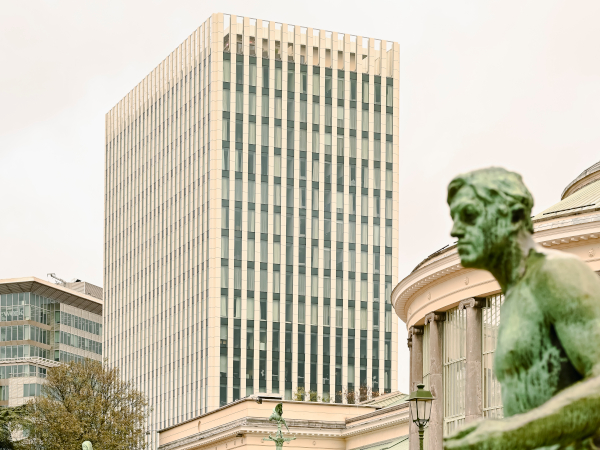








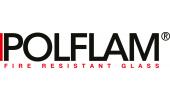














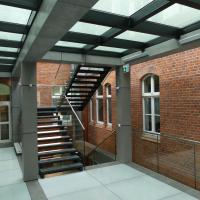
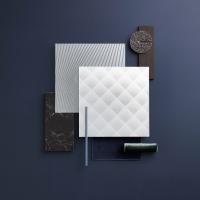

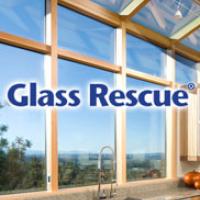

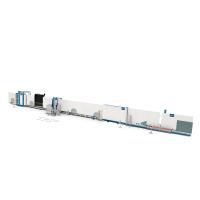
Add new comment